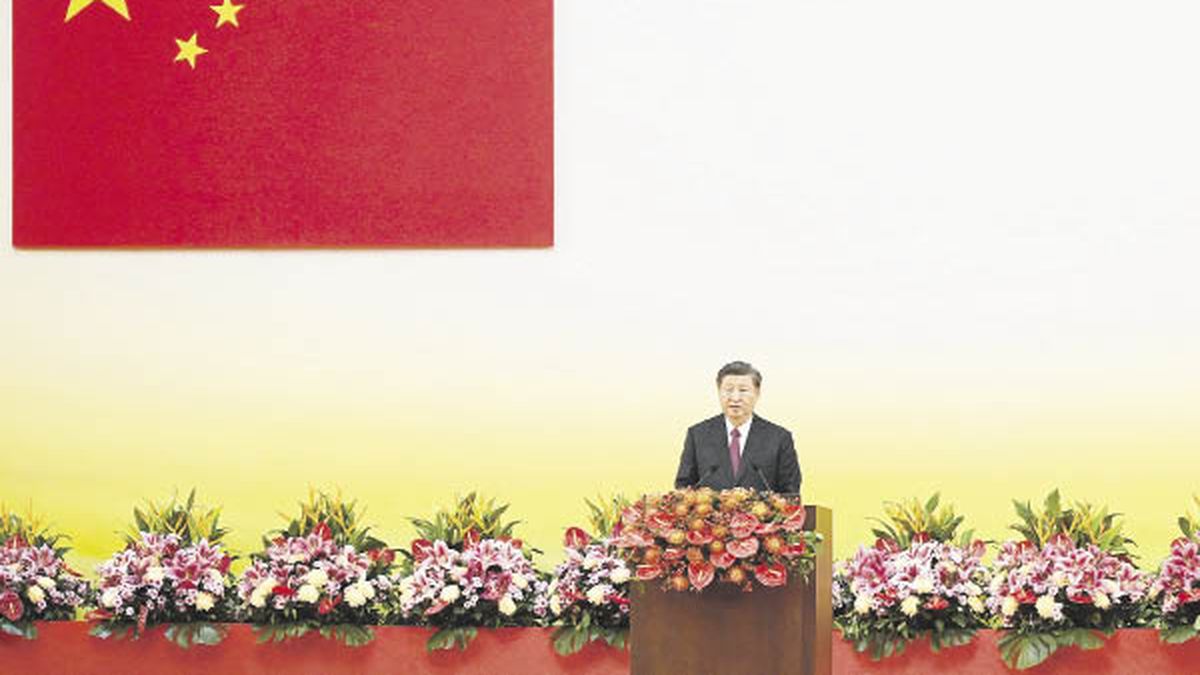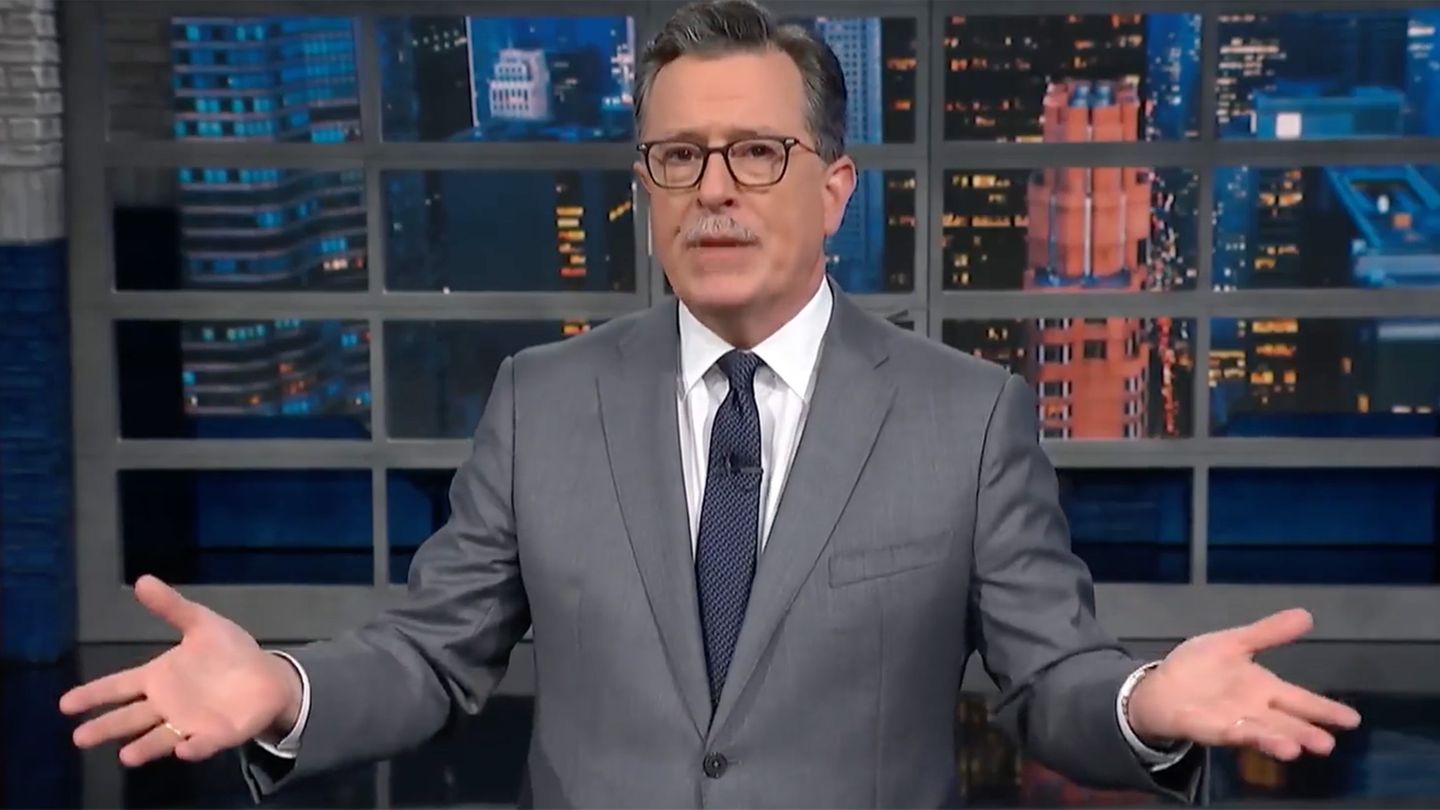A few months later, China amended its Constitution to eliminate the limit of two presidential terms, exercised in recent decades by the same leader who holds the position of general secretary of the CCP. The amendment paves the way for the 69-year-old Xi to remain at the helm of the world’s second-largest power for life.
The new Congress, to which 2,300 delegates will participate and which is held every five years, should also lead to a major reshuffling of the Permanent Political Bureau, the powerful seven-member body.
According to an unwritten tradition, some of the current members of this body are reaching the age when they should retire.
Dissidence?
Although the regime wants to give an image of unity, there are many rivalries behind the scenes and the president continues to try to consolidate his power, analysts say.
Since Xi Jinping became the strongman of the world’s second-largest economy in 2012, more than 1.5 million officials have been sanctioned in a massive crackdown on corruption, according to official data.
Observers point out that this campaign served Xi to get rid of internal opponents.
The party continues to base its legitimacy on improving the purchasing power of the population, but the October Congress comes in a context of strong economic slowdown, with an increase in unemployment -of almost 20%- among young people between 16 and 24 years old.
The “zero covid” policy, defended tooth and nail by Xi, is increasingly criticized by public opinion and especially by business circles, alarmed by the threats posed by lockdowns and
the brake on economic activity.
Authorities are imposing localized lockdowns, requiring PCR tests every 72 to 48 hours in some places, and threatening travelers from quarantined regions when they move to another province.
tensions
Internationally, the points of contention between China and its great rival, the United States, have multiplied: over trade and technology, the treatment of the Uyghur minority in Xinjiang, the crackdown in Hong Kong, and, most recently and sharply, the tensions around Taiwan.
At the beginning of August, China carried out military maneuvers of an unprecedented magnitude near the island, of which Beijing claims sovereignty.
The maneuvers were a message of firmness to Washington after the visit to Taiwan by Nancy Pelosi -speaker of the United States House of Representatives and the third most important figure in the country’s administration-, considered by Beijing as a provocation.
Source: Ambito
David William is a talented author who has made a name for himself in the world of writing. He is a professional author who writes on a wide range of topics, from general interest to opinion news. David is currently working as a writer at 24 hours worlds where he brings his unique perspective and in-depth research to his articles, making them both informative and engaging.




